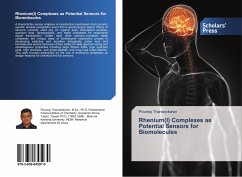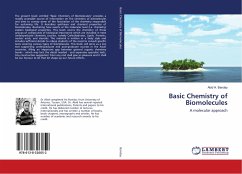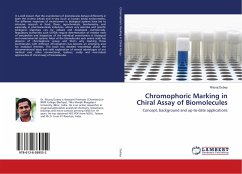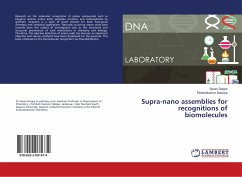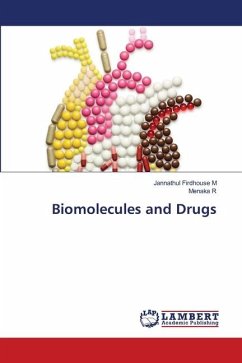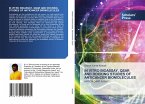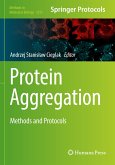A chemical/bio sensor employs a transduction mechanism that converts specific analyte recognition event into a spectroscopic signal. Plenty of sensors currently used rely on organic dyes, fluorescent proteins, quantum dots, nanoparticles, and metal complexes for responsive signal transduction. Unlike most other sensors, transition metal complexes are unique class of luminescent responsive probes in developing selective and sensitive biologically active ions and biomolecules sensor because of their ability for wide spectral tuning and advantageous properties including large Stokes shifts, high quantum yield, high chemical- and photo-stability, and long-lived triplet lifetime. This work focuses exclusively on the use of rhenium(I) complexes as design features for chemical and bio sensors.
Bitte wählen Sie Ihr Anliegen aus.
Rechnungen
Retourenschein anfordern
Bestellstatus
Storno

